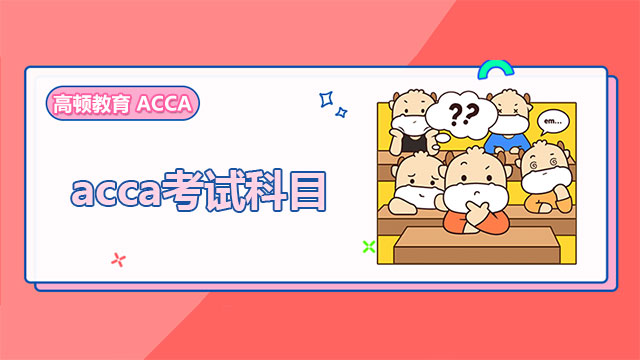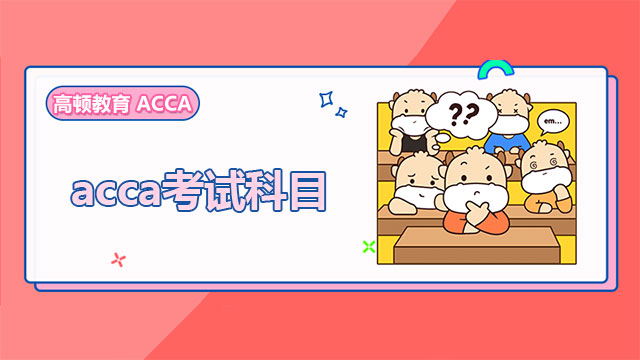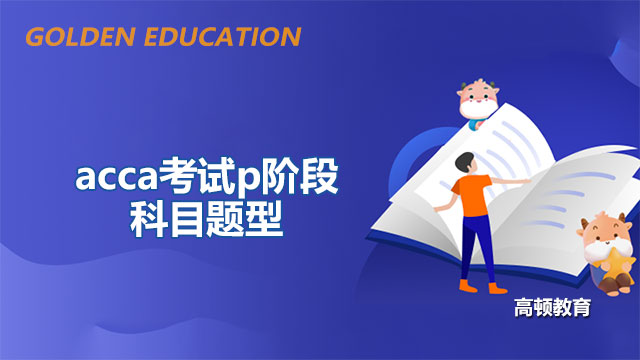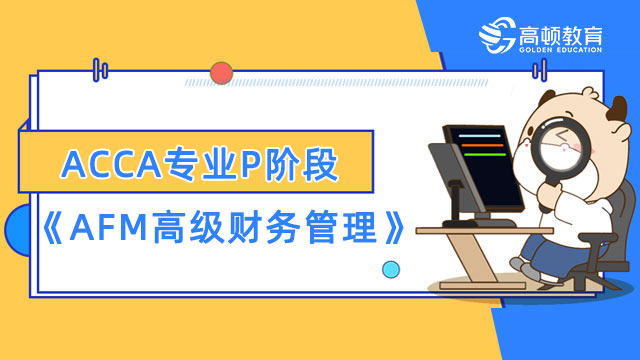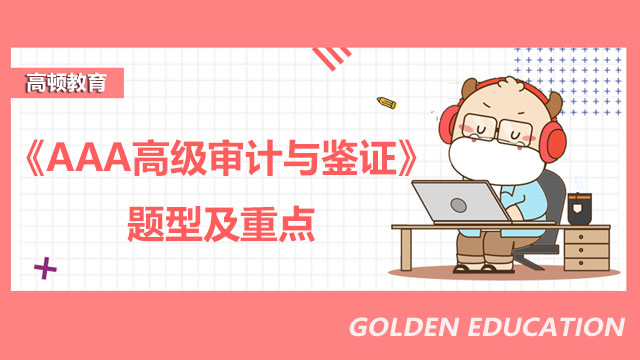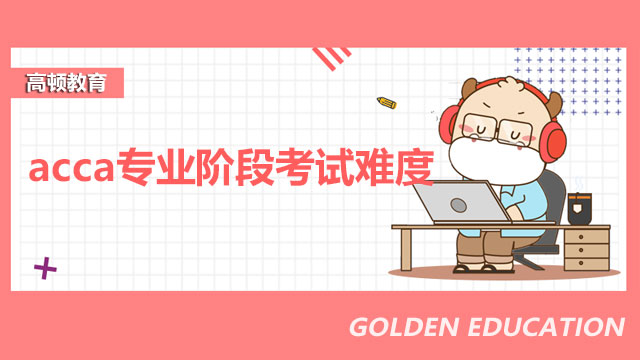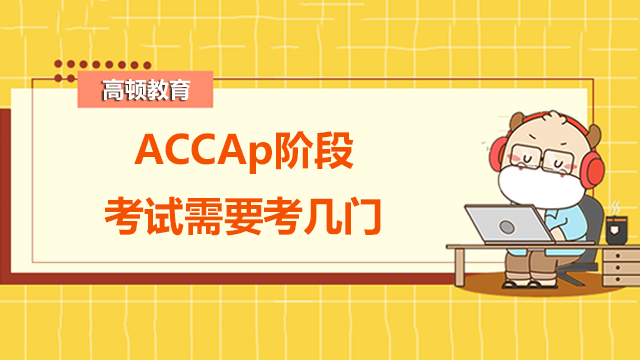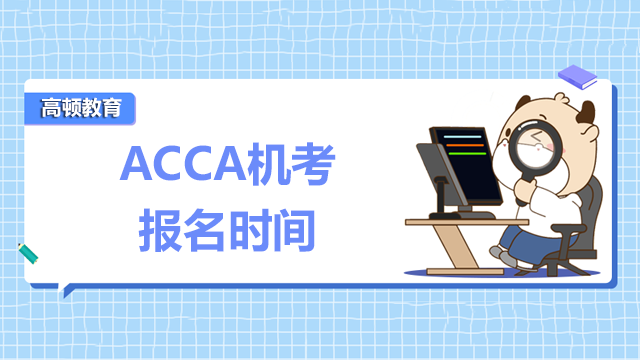2015ACCA重头戏:《P1专业会计师》笔记2
来源:
高顿网校
2015-02-10
漫漫考试路,各位考生,您准备好了吗?如何快乐高效的学习?高顿网校为广大学员提供2015年ACCA考试网络课程,请各位考生紧跟网校名师的步伐尽快进入备考复习,让高顿与您共同努力,2015年考试顺利通过!祝您梦想成真!免费听课》
Impact on the corporate government
(1) Including social objectives in the mission statement oforganization is a sign that the board believes that they have significantimpact on corporate strategy.
(2) Ethical codes are part of corporate guidance to promote goodcorporate behavior among their employees.
(3) Company should report on ethical and social conduct in theirOperation and Financial Review and also may prepare social accounts showing impactof stakeholders.
(4) Impact of stakeholders on corporate governance may includerepresentatives from key stakeholder groups on the board.
Institutional investor
(1) Institutional investors are now the biggest investors in many stockmarkets. They manage funds invested by individuals. Institutional investors canwield great power over the companies in which they invest.
(2) The major institutional investors include pension funds, lifeinsurance companies, unit trusts and venture capitals companies.
Role & influence
(1) The significant role of institutional investors is to promote goodcorporate governance.
(2) Due to the size of their shareholdings, institutional investors canexert significant influence on corporate policy.
(3) Institutional investors should make a dialogue with companies baseon the mutual understanding of objectives.
(4) Institutional investors can use many means to intervene and exerttheir influences on companies, such as voting, calling on extraordinary generalmeeting.
(5) The key issue is to increase dominance of investors and contributepositively to corporate governance through concentrating power in a few hands.
Principal-agent relationship
(1) Under the form of joint-stock, companies are limited by shares. Theseparation of ownership from management makes agency is a significant issue incorporate governance, especially for large companies.
(2) The problem of principals (owners) not being able to run thecompany themselves and therefore having to rely on agents (directors) to do sofor them can cause issues if there is a breach of trust by directors who maypursue their own interests rather than he shareholders’。
Agency cost
(1) For principals, it is difficult and expensive to verify what theagent is doing and to introduce mechanism to control the activities of agent.
(2) Agency costs are incurred when principals attempt to monitor theactivities of agents as well as establishing control system.
(3) Agency costs may be measured in monetary terms.
Agency accountability
(1) Agency accountability means that the agent is answerable under thecontract to his principal and must account for the resources of his principaland the money he has gained working on his principal’s behalf.
(2) Accountability relates to the need to act in shareholders’interests, the need to provide good information, the need to operate within adefined legal structure.
(3) Corporate governance systems are designed to enforce thisaccountability for principal.
Resolving the agency problem
(1) Alignment of interests is accordance between the objectives ofagents acting with an organization and the objectives of the organization as awhole.
(2) Alignment of interests may be achieved by giving managers profit-relatedpay or incentives that are related to profits or share price.
Transaction costs theory & Stakeholder theory
Transaction costs theory
(1) The way the company is organized and governed determines itscontrol over transactions.
(2) Outside transaction occur costs such as searching and bargainingcosts. Keeping transaction internally may reduce the uncertainties aboutdealing with outside.
(3) In terms of transaction costs, company consider to whetherinternalize their transaction or deal with outside.
(4) Manager behave rationally and opportunistically to organize theirtransaction to pursue their own interests.
(5) Asset specificity, certainty and frequency are three variablesconsidered by company to determine the degree of monitoring and control.
(6) Corporate governance costs build up including internal controls tomonitor management.
(7) Transaction costs theory is similar to agency theory to ensure thatcompany managers pursue shareholder’s best interests rather than their own.
Stakeholder theory
(1) Stakeholder theory is based on companies being so large that theyare not only responsible to their shareholders, but have a significant impacton society.
(2) Stakeholders affect or be affected by companies include:shareholders, employees, customers, suppliers, creditors, community,government, and environment etc.
(3) Stakeholder theory may be the necessary outcome of agency theory.Agency theory is a narrow form of stakeholder theory. Both of them have thepurpose of aligning divergent interests.
Role & Responsibilities of Board ofdirectors
(1) Promote the success of the company
(2) Direct and supervise the company affairs
(3) Provide entrepreneurial leadership
(4) Enable risk to be assessed/managed and a prudent/effective controlsystem
(5) Set company’s strategic aims
(6) Ensure necessary financial and human resources in place for meetingobjectives
(7) Review management performance.
(8) Set the company’s values and standards
(9) Ensure company’s obligations to its stakeholders are met
(10) Monitoring the CEO
(11) Manage potential conflicts of interests
(12) Ensure effective communication internally and externally
Unitary boards vs. two-tier boards
Advantages/disadvantages of unitary boards
(Advantages)
(1) It is a structure that permits much more involvement. Alldirectors, including executive directors and non-executive directors, have theequal legal responsibilities for the management of the company.
(2) Non-executive directors are empowered. They bring not only theindependent scrutiny to the boards, but their own expertise and perspectivesand, which is valuable for the decision-making and management of company.
(3) Accountability is enhanced. Under a cabinet-like arrangement, alldirectors are equally accountable. Meanwhile wider viewpoints provided by boarddiscussion suggest better decisions.
(4) Reduce the likelihood of abuse of power by a small number of seniordirectors and protect against fraud and malpractice.
(Disadvantages)
(1) It is awkward to ask non-executive director or independent directorto be both manager or monitor.
(2) It requires non-executive director to spend much time on attendingboarding meeting or the commitment required to obtain sufficient knowledge.
Advantages/disadvantages of two-tier boards
(Advantages)
(1) Separating clearly and formally between those monitoring and thosebeing monitored. In other words, between those managing the company and thosewho own the company or control it for the benefit of shareholders.
(2) Taking account of the needs of stakeholders and allow widerinvolvement of stakeholders. The supervisory board has worker’s representativeswho are important stakeholders of the company.
(3) There is direct power over the management through the right toappoint members of the management. Meanwhile it allows effective guards againstmanagement inefficiency and fraud.
(4) Encouraging transparency and independence of thought, discussionand decision within the company.
(Disadvantages)
(1) There is confusion over authority and therefore a lack of accountability.
(2) The management board may restrict the information passed on to thesupervisory board.
(3) There is dilution of power through stakeholder involvement.
(4) There is bureaucracy and slower decision-making.
ACCA考试的报名时间、考试动态,高顿网校会在*9时间通知大家,敬请关注高顿网校*7考试动态【提示:“Ctrl+D”收藏此页面】。
精彩推荐:
| 课程专业名称 | 讲师 | 试听 | |
 | ACCA 全维度网课体验课程 | 高顿名师 |  |
 | ACCA网课全科卡(8.2折) | 高顿名师 |  |
版权声明:本条内容自发布之日起,有效期为一个月。凡本网站注明“来源高顿教育”或“来源高顿网校”或“来源高顿”的所有作品,均为本网站合法拥有版权的作品,未经本网站授权,任何媒体、网站、个人不得转载、链接、转帖或以其他方式使用。
经本网站合法授权的,应在授权范围内使用,且使用时必须注明“来源高顿教育”或“来源高顿网校”或“来源高顿”,并不得对作品中出现的“高顿”字样进行删减、替换等。违反上述声明者,本网站将依法追究其法律责任。
本网站的部分资料转载自互联网,均尽力标明作者和出处。本网站转载的目的在于传递更多信息,并不意味着赞同其观点或证实其描述,本网站不对其真实性负责。
如您认为本网站刊载作品涉及版权等问题,请与本网站联系(邮箱fawu@gaodun.com,电话:021-31587497),本网站核实确认后会尽快予以处理。
点一下领资料
【整理版】ACCA各科目历年真题
真题高频考点,刷题全靠这份资料
下载合集
acca全科学习思维导图
梳理核心考点,一图看懂全部章节
下载合集
2023年acca考纲解析
覆盖科目重难点,备考按照计划走
下载合集
acca备考 热门问题解答
- acca考试怎么搭配科目?
-
建议优先选择相关联的科目进行搭配报考,这样可以提高备考效率,减轻备考压力,1、F1-F4:为随时机考科目,难度较低,这里可以自行随意选择考试顺序。2、F5-F9:如果你的工作的和财务会计或者审计有关、或者你比较擅长财务和审计的话,推荐先考F7和F8。你可以选择一起考ACCA考试科目F7和F8或者先考F7(8)再考F8(7),这就要取决你一次想考几门。3、P阶段:选修科目中,建议企业首选AFM!第二部分科目进行选择,如果AA和SBR掌握学生更好,可以通过选择AAA,如果SBL掌握的好,可以自己选择APM。
- acca一共几门几年考完?
-
acca一共有15门考试科目,其中有必修科目和选修科目,考生需要考完13门科目才能拿下证书。
- acca一年考几次?
-
acca一年有4次考试,分别是3月、6月、9月和12月,分季机考科目是采取的这类四个考季的模式,而随时机考则是没有这方面的时间规定限制,可以随报随考。
- acca的含金量如何?
-
ACCA证书的含金量是比较高的,从就业、能力提升、全球认可等角度来说,都是比较有优势的证书,其含金量主要表现在以下几个方面:1、国际化,认可度高;2、岗位多,就业前景好;3、缺口大,人才激励。
严选名师 全流程服务
其他人还搜了
热门推荐
-
acca专业阶段考试科目有哪些?究竟都考些什么? 2023-04-23
-
accaP阶段科目考完需要多久?速戳了解! 2023-03-28
-
ACCA高级课程是哪几门?和基础课程比难度怎么样? 2023-03-17
-
sbr和sbl哪个难?accaP阶段先考哪个? 2023-03-16
-
accaP阶段报名费是多少?一文介绍全了! 2023-03-14
-
accaP阶段有哪些科目?各科目详细介绍! 2023-03-14
-
accap阶段考试顺序是怎样的?选修科目怎么选? 2023-03-10
-
acca考试科目:《ATX高级税务》重点详解! 2023-03-06
-
acca考试科目:《APM高级业绩管理》重点详解! 2023-03-06
-
acca考试科目:《AFM高级财务管理》重点详解! 2023-03-06
-
accap阶段有效期是多久?需要几年内考完? 2023-03-01
-
accaP阶段选修选哪两门?各科难度对比来了! 2023-02-28
-
2023年acca的sbl怎么学?点击查收备考攻略! 2023-02-24
-
acca考试p阶段科目题型,附各科分值参考! 2023-02-23
-
accap阶段要考几门?重难点是什么? 2023-02-10
-
accap阶段要考几门?重难点是什么? 2023-02-10
-
accaP阶段科目怎么搭配?先考哪门? 2023-02-09
-
ACCA专业P阶段:《AFM高级财务管理》复习攻略 2023-01-30
-
accap阶段选哪两门?考试重难点介绍! 2023-01-17
-
acca考试科目:《AAA高级审计与鉴证》题型及重点! 2023-01-17
-
acca专业阶段考试难度分析,选修科目报考指南来了! 2023-01-12
-
accap阶段报考顺序推荐,先报哪个好? 2022-12-15
-
ACCAp阶段一次最多考几门?成绩有效期是多久? 2022-08-24
-
ACCA的p阶段需要备考多久才够?考试难度怎么样? 2022-08-18
-
ACCAp阶段考试需要考几门?考试时间是哪天? 2022-08-15
-
ACCA考试P阶段考几门?P阶段成绩有效期是多久? 2022-08-12
-
ACCAP阶段科目难度高吗?P阶段是机考吗? 2022-08-10
-
ACCA最后四门难考吗?通过率怎么样? 2022-07-19
-
ACCA英语不好怎么办?怎么提高英语? 2022-07-14
-
ACCA机考报名时间是什么时候?怎么报考? 2022-07-14
 更多服务
更多服务


















